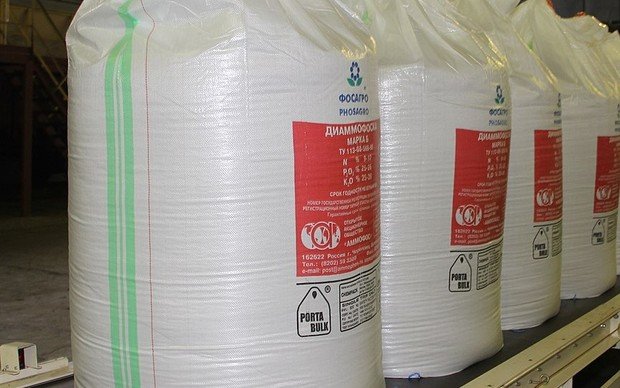EU’s new fertiliser requirements to give advantage to Russian producers
European lawmakers have made progress in adopting stricter rules on cadmium content in phosphate fertilisers after protracted negotiations. The ban's opponents consider that it can break the market balance and give Russia an advantage over other suppliers.
The EU has reached a preliminary agreement to cap cadmium levels in fertilisers, reports Financial Times, adding that the move will give an advantage to Russian fertilisers. The agreement limits the cadmium content in phosphate fertilisers to 60 mg/kg and establishes a 'low cadmium' label for products below 20 mg/kg. Although high cadmium content is considered to be harmful to health and environment, the discussion on the cap has lasted for years. Opponents of the amendments have stated that a ban would hurt countries that produced fertilisers with naturally high levels of cadmium, such as Tunisia and Morocco.
Russia's phosphates are naturally low in cadmium, so Russian producers, who are likely to benefit from the cap, welcome the news. ''We...are pleased to see this important first step towards an EU-wide approach to protecting agricultural soils and, ultimately, human health from exposure to cadmium, which is a dangerous carcinogenic substance,'' said CEO of PhosAgro Andrey Guryev. The producer approved the EU decision to create harmonised labelling provisions, which would increase transparency in the supply chain and allow farmers and society to consciously choose safer fertilisers. Guryev claimed that PhosAgro was eager to work with EU decision makers and member states to lower the level of cadmium to the minimum possible.

According to the EU's Internal Market Committee rapporteur Mihai Turcanu, the agreement represents a success for all parties involved and the European Parliament. ''I am pleased that today we finally reached a very good agreement after long negotiations, technical meetings and a huge amount of work that has been done with four Presidencies of the Council in the past two years,'' he said.
The agreement reached by negotiators from the EU Parliament and Council has still to be approved by Members of the European Parliament and Member States. Currently, average cadmium content in EU fertilisers totals around 34 mg/kg of phosphate, according to data from trade groups, while around 8% of fertilisers have cadmium content higher than the proposed 60 mg/kg limit.